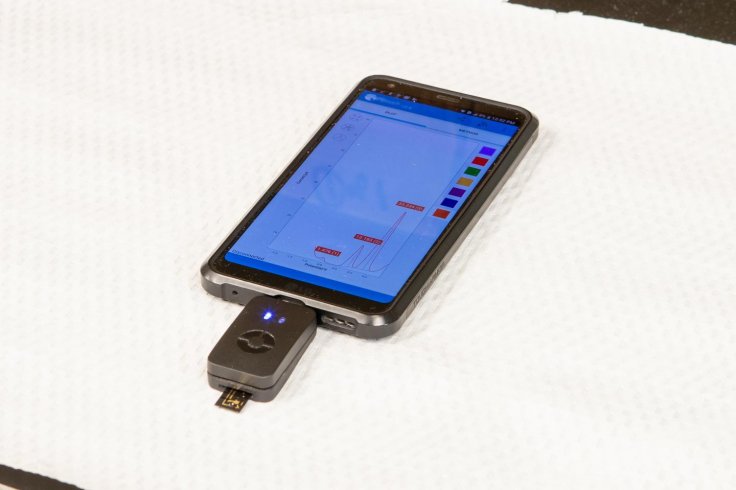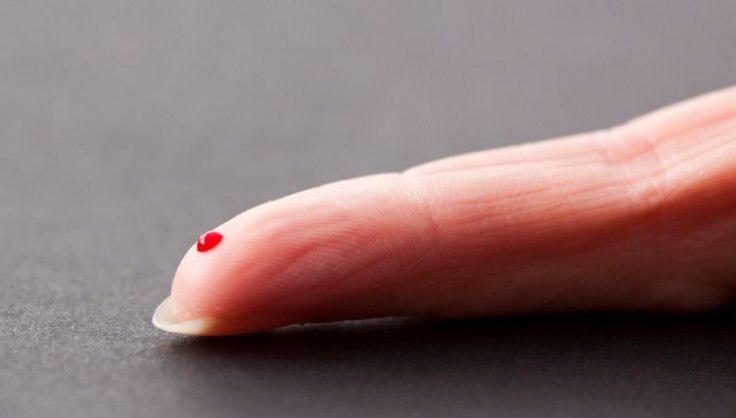What if a simple portable device could tell one how severe their cancer is? Scientists from Brock and McMaster universities in Canada have developed the prototype of a handheld device that can do exactly that. In a new study, the researchers describe a device that measures a biomarker for cancer in the blood.
The newly created device functions in a manner similar to those used by diabetics to measure their blood-sugar levels and monitor their condition. This opens new avenues in the testing of cancer at home and at clinics and eliminates the need for elaborate laboratory setups.
"This is another step toward truly personalized medicine. We're getting away from centralized, lab-based equipment for this kind of testing. This would make monitoring much more accessible and cut down on the number of times patients need to leave home to provide blood samples," said Leyla Soleymani, lead author of the study in a statement.
A Drop of Blood to Monitor Degree of Cancer

The prototype instrument has been developed through the collaboration between Leyla Soleymani from McMaster University and Prof. Feng Li of Brock University. Solemani's team developed the hardware for the device, including the chip that analyses the sample, while the technology for the analysis was designed by Li's team.
It has been engineered to detect prostate-specific antigen (PSA). However, the flexibility of the technology permits for its adaptation for the measurement of other markers, based on the type of cancer or any other kind of chronic disease.
The functioning of the machine is rather simple. A patient will have to mix a drop of blood in a vial containing a reactive liquid. Next, the mixture will have to be placed onto a strip and inserted into a reader, much like a portable blood-sugar testing device. In a matter of minutes, the device can measure an antigen that specifies the degree of cancer present in the patient.
Potential to Revolutionize Cancer Care

What this proof-of-concept work provides is the ease to collect and monitor crucial information from the .comfort of one's home and significantly improve their lives. Along with the ease of use, it can also enable the generation of precise, up-to-the-minute, and shareable results, that can aid doctors in assisting their patients better and reducing health care costs.
In addition to this, patients who have undergone cancer therapy, or are undergoing one, can monitor their health during and after the treatment. However, the authors point out that the portable invention requires broader testing before seeking the regulatory approvals necessary for the commercial production of the device.
"Once commercialized, this device will be a paradigm shift for cancer diagnosis and prognosis. Since this device is a lot more accessible and user-friendly than conventional technologies, patients will be more willing to use it, which can improve clinical outcomes and save lives," highlighted Li.









